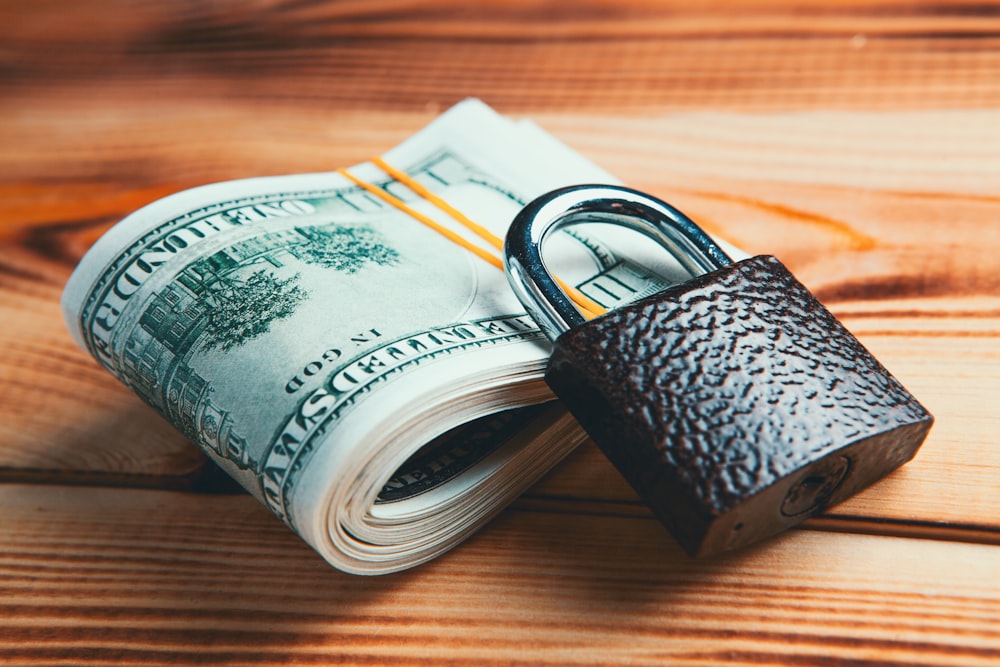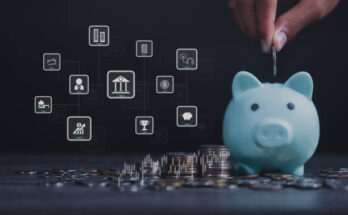Managing Your Money When You Don’t Have Any
Making ends meet is only one aspect of managing money. You only need to be familiar with the fundamentals of addition and subtraction; don’t worry if you’re not a math’s ace.
Possessing sound financial knowledge makes life much simpler. Your credit score and the amount of debt you ultimately carry is both influenced by how you manage your money. Here are some suggestions to help you develop better financial habits if you’re having trouble managing your money, such as when you find yourself living pay check to pay check despite earning more than enough money.
Don’t just assume that you can afford something when presented with a purchasing decision, especially one involving a sizable purchase. Check to see if you can genuinely afford it and if you haven’t previously used those dollars for another expense.
Having a budget while managing money
Image via Unsplash.com
A lot of people avoid creating budgets because they don’t want to go through what they perceive to be a tedious process of producing a list of spending, adding up the totals, and making sure everything balances. Budgeting does not allow for justifications if you have financial problems. Why wouldn’t you stick to a budget if all it takes to get your spending under control is a few hours each month? Budgeting will benefit your life, so pay attention to that rather than the process of making one.
Stick to the budget when managing money
Your budget is pointless. If you do, put it on your bookshelf or filing cabinet hidden in a file folder to collect dust. Refer to it periodically during the month to help you determine your spending priorities. As you spend money on other monthly expenses and pay bills, update it. When considering any outstanding bills, you should be aware of how much cash you have available to spend at any particular time during the month.
Unbudgeted spending
Image via Unsplash.com
The amount of money left over after deducting your expenses from your revenue, or net income, is a crucial component of any budget. If you have any extra cash, you can spend it on amusement, but only up to a specific amount. You can’t spend all of this money at once, especially because it has to last the full month and isn’t much. Before making any large purchases, make sure they won’t interfere with anything else you have planned.
Keep a track of your spending for managing finances
Small purchases here and there add up over time, and before you know it, your spending restriction has been exceeded. Start tracking your spending to identify areas where you may be unknowingly overspending. Keep your receipts and list your purchases in a spending journal, categorizing them so you can see which areas of your spending are the most difficult to manage.
Avoid adding new bills
Image via Unsplash.com
It doesn’t follow that you should accept a loan just because your salary and credit make you eligible for one. Many people have the ignorant belief that the bank wouldn’t give them a credit card or loan they couldn’t afford. The bank does not know about any other responsibilities that would prohibit you from completing your payments on time, other than your income as you have stated and the debts listed on your credit report. On the basis of your income and other monthly responsibilities, you must determine if a monthly payment is manageable.
Pay the best price for managing money
By doing price comparison shopping, you can maximize your financial resources and make sure you’re getting the best deal possible on goods and services. Every time you can, look for deals, coupons, and less expensive options.
Saving for big purchases
Image via Unsplash.com
Your ability to put off gratification can substantially enhance your ability to manage your finances. You will have more time to think about whether it is necessary and compare rates if you wait to make a big purchase as opposed to skipping out on other necessities or charging it to your credit card. By saving money instead of utilizing credit, you can avoid paying interest on the transaction. Additionally, if you save money rather than skipping obligations or expenses, you escape the numerous consequences of missing those payments.
Limit your credit card for managing money
A bad spender’s worst enemy is their credit card. You just reach for your credit cards when you run out of cash without thinking about whether you can afford to pay the bill off. Avoid the temptation to charge things you can’t afford, especially those you don’t actually need.
Continuous saving
You can develop sound financial practices by making a monthly deposit into a savings account. Even better, you may program it to move money from your checking account to your savings account on a regular basis. This eliminates the need for you to remember to perform the transfer.
Practicing money managing
Image via Unsplash.com
You might not be accustomed to preparing ahead of time and delaying purchases until you can afford them at first. It will be simpler to manage your money and your finances will be in better shape if you include these practices more into your daily routine.
Keep on educating in managing
Read a few introductory personal finance books and take control of your financial future. Don’t let anyone derail you once you’ve gained knowledge, whether it’s a partner who encourages you to spend money carelessly or pals who organize pricey activities and trips you can’t afford. Before utilizing the services of a financial advisor, mortgage lender, or accountant, do your research on the industry.
Emergency fund
Image via Unsplash.com
A personal finance axiom is to “pay yourself first,” which means to set aside money for unanticipated costs and emergencies. This simple habit helps you sleep better and keeps you out of debt. Even individuals with the tightest budgets should make monthly contributions to an emergency fund.
Once you make saving money a habit, you’ll stop seeing it as a decision and start seeing it as a routine expense. Many accounts, including money market accounts, short-term CDs, and high-yield savings accounts, offer compound interest as a feature.
USEFUL LINKS:
Click here to know more about money management
Check out money mistakes you ought to avoid


![Money Pictures [HD] | Download Free Images on Unsplash](https://images.unsplash.com/photo-1553729459-efe14ef6055d?ixlib=rb-4.0.3&ixid=M3wxMjA3fDB8MHxleHBsb3JlLWZlZWR8Mnx8fGVufDB8fHx8fA%3D%3D&w=1000&q=80)


![Best managing Indian Currency Pictures [HD] | Download Free Images on Unsplash](https://images.unsplash.com/photo-1565373679107-344d38dbf734?ixlib=rb-4.0.3&ixid=M3wxMjA3fDB8MHxzZWFyY2h8M3x8aW5kaWFuJTIwY3VycmVuY3l8ZW58MHx8MHx8fDA%3D&w=1000&q=80)
![Best managing Indian Currency Pictures [HD] | Download Free Images on Unsplash](https://images.unsplash.com/photo-1565374392032-8007fb37c26e?ixlib=rb-4.0.3&ixid=M3wxMjA3fDB8MHxzZWFyY2h8NXx8aW5kaWFuJTIwY3VycmVuY3l8ZW58MHx8MHx8fDA%3D&w=1000&q=80)



